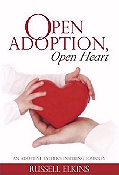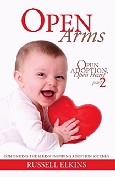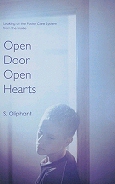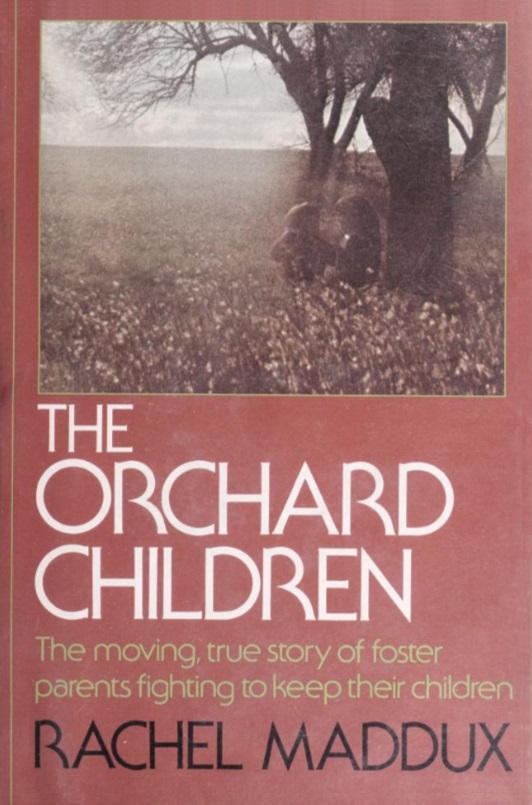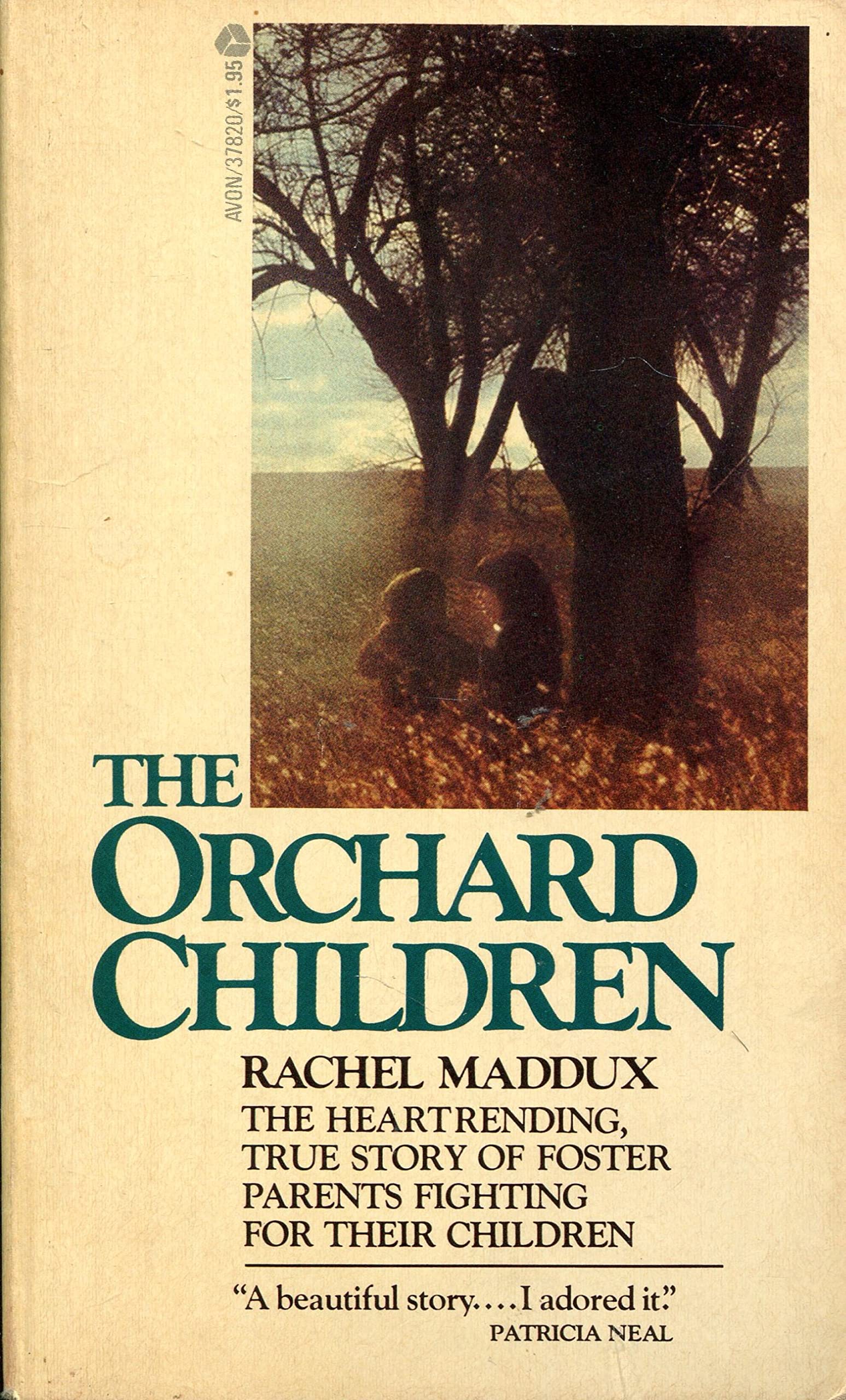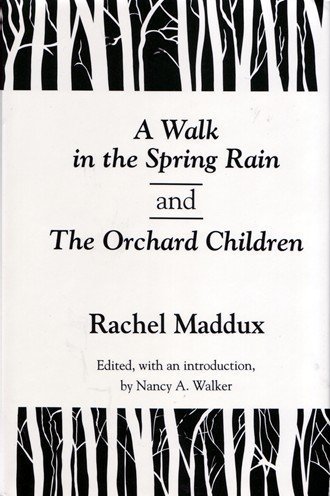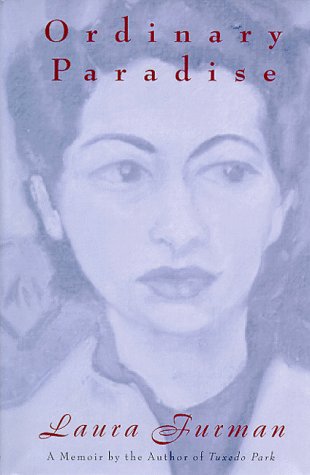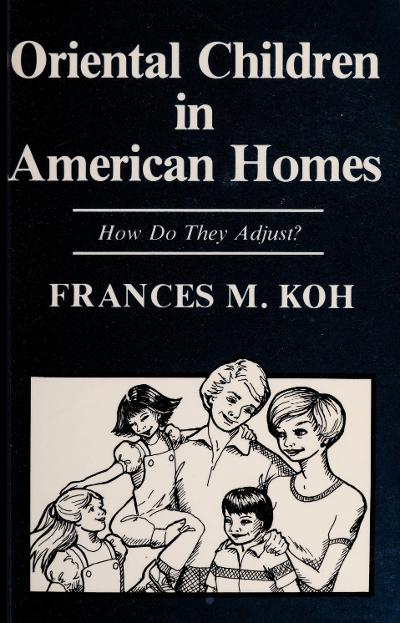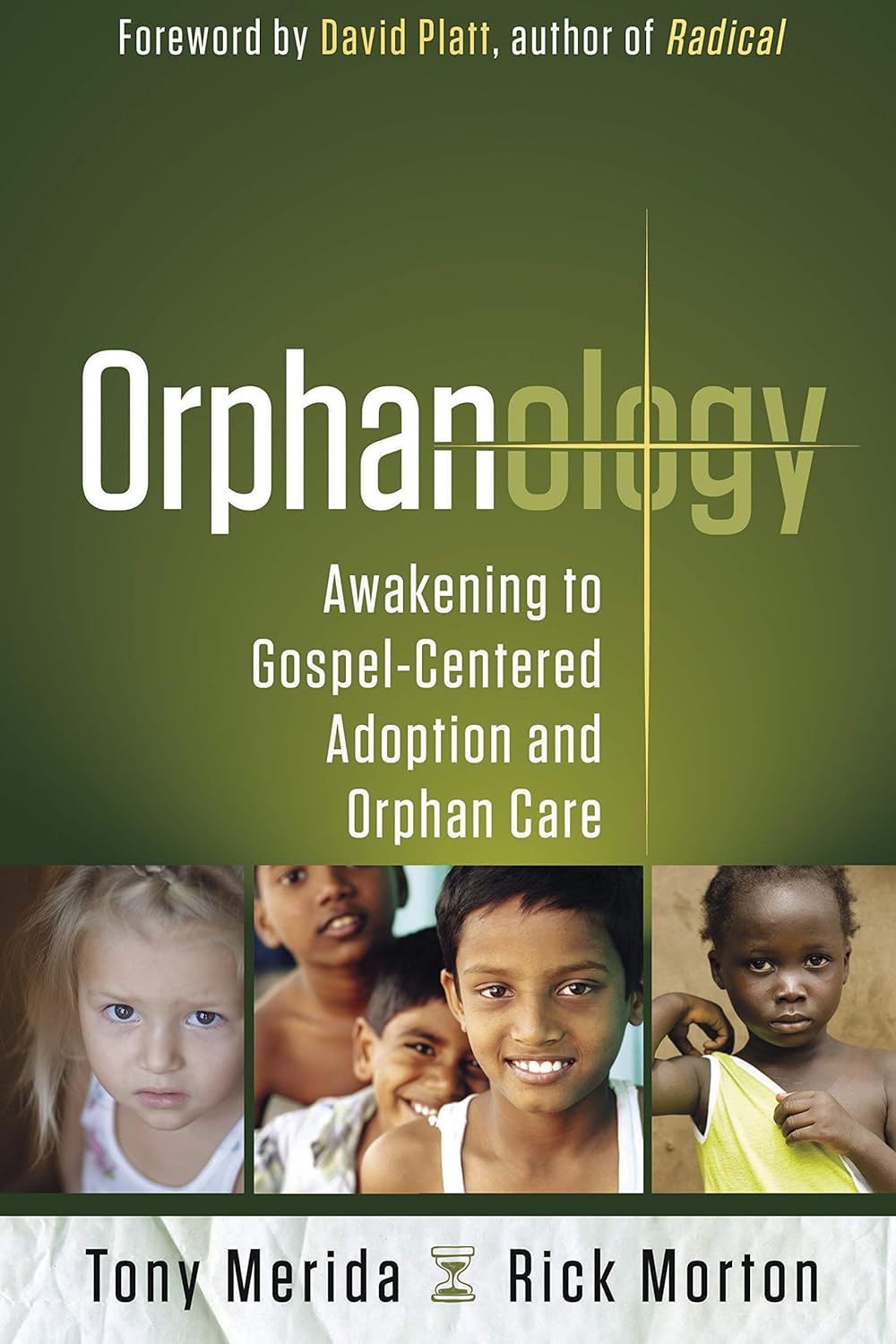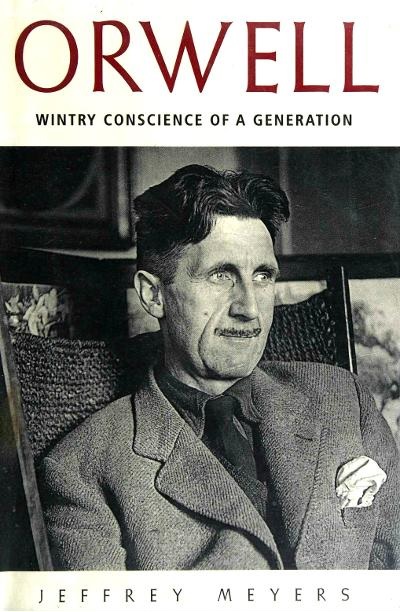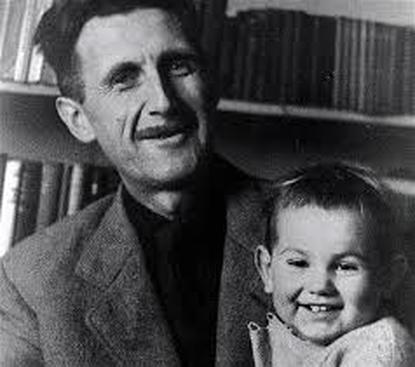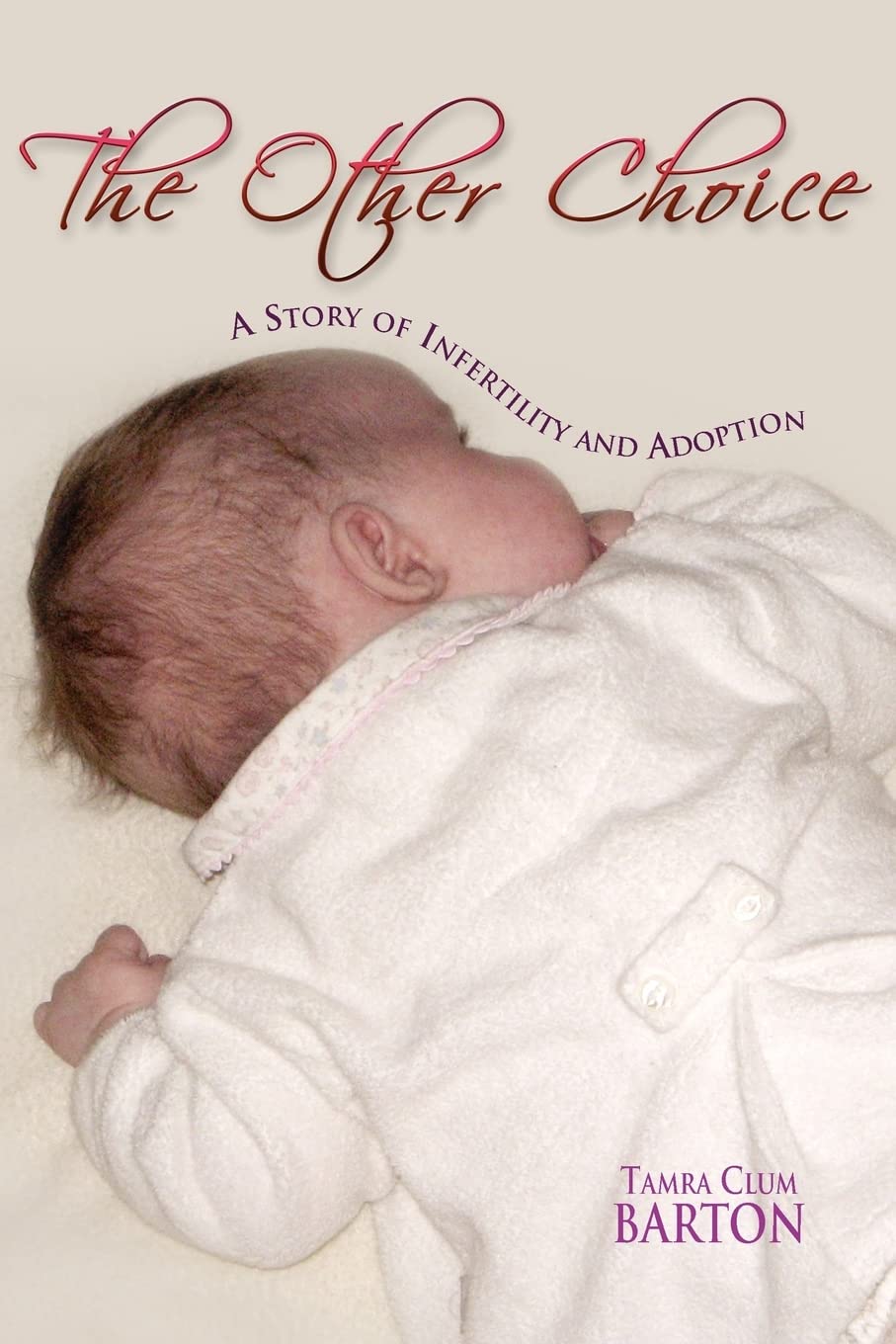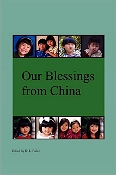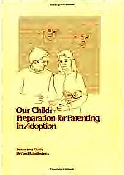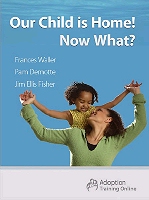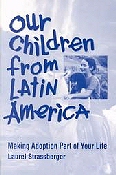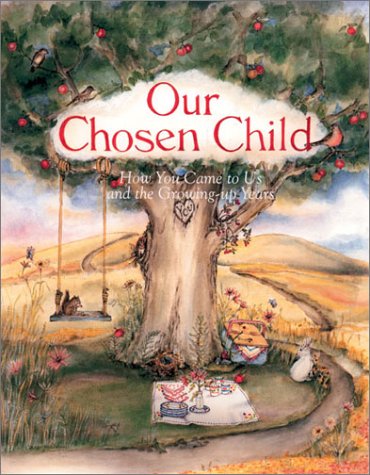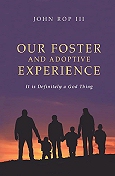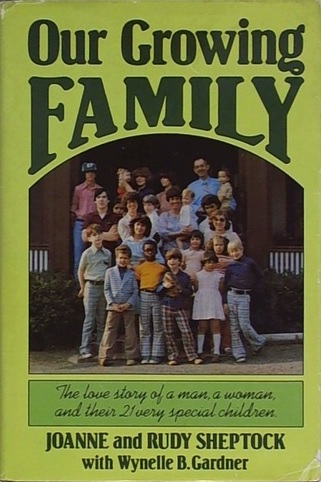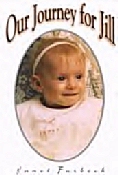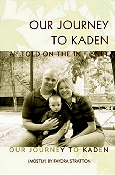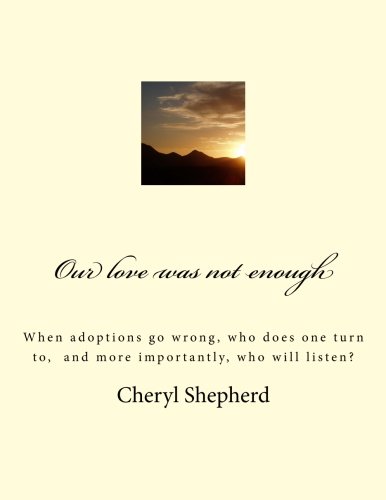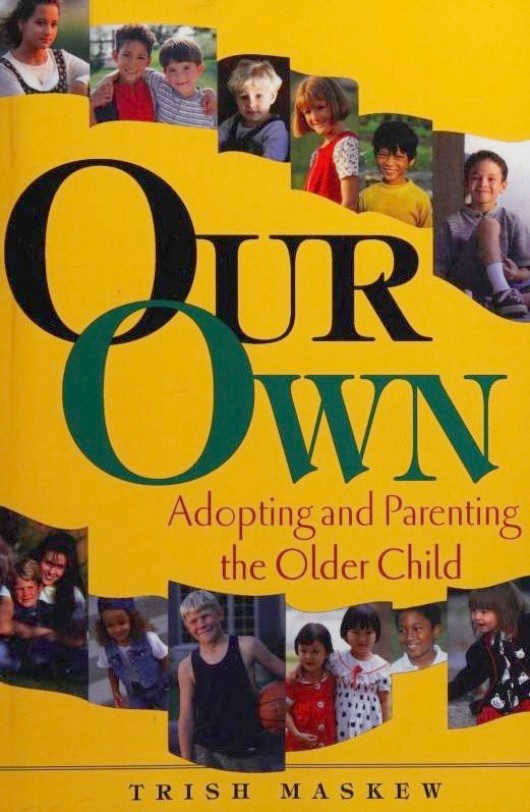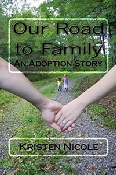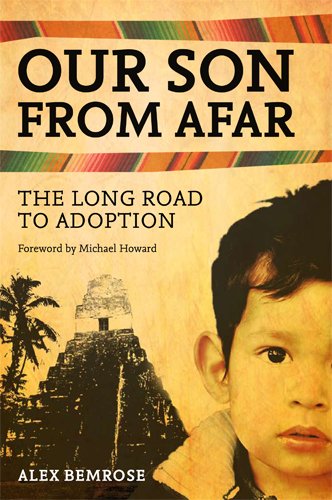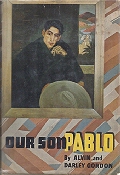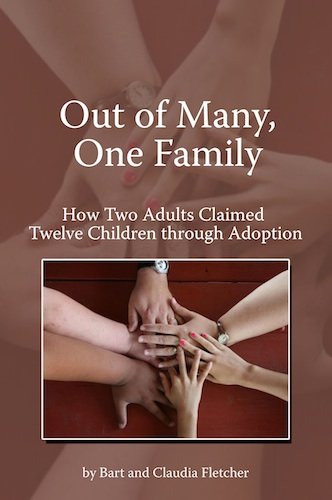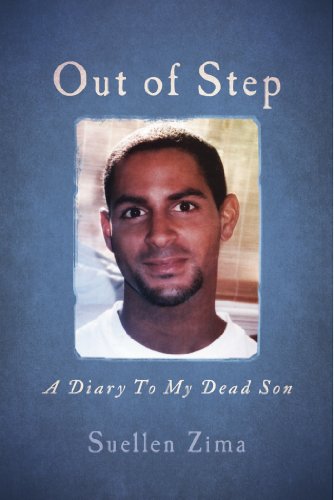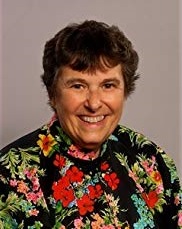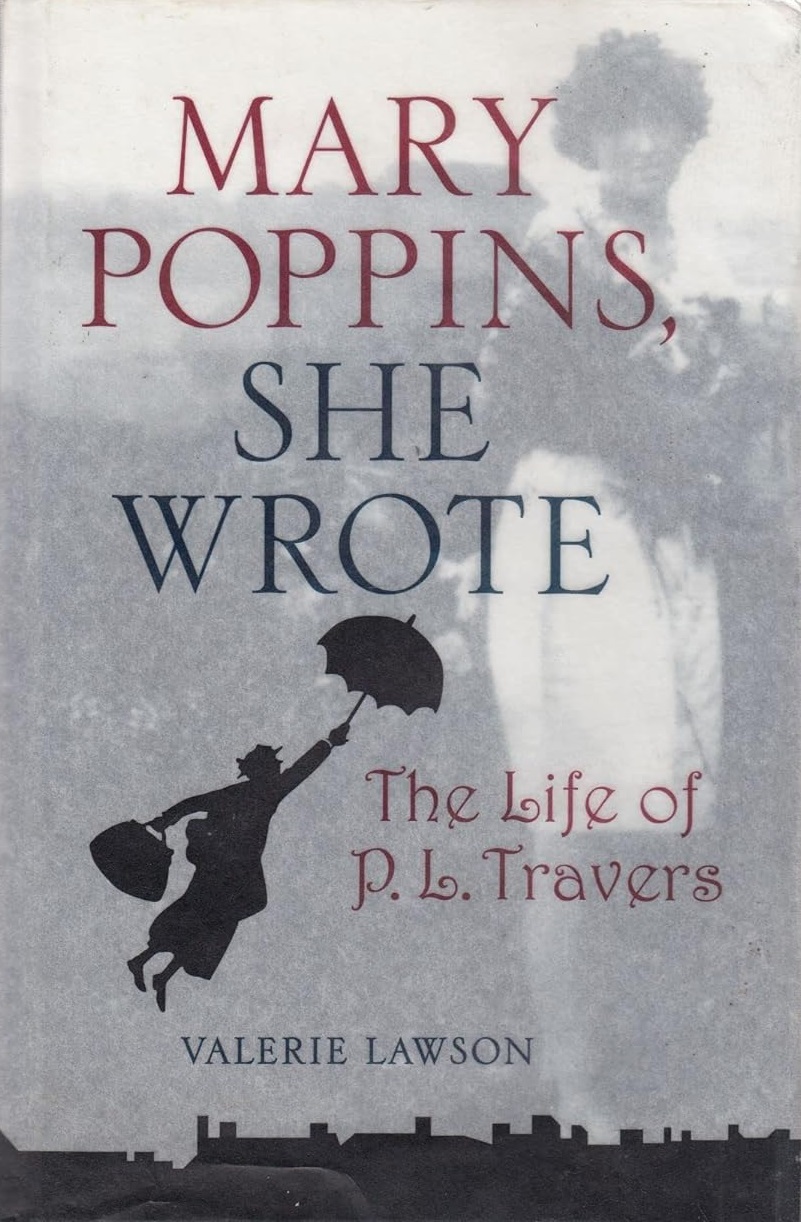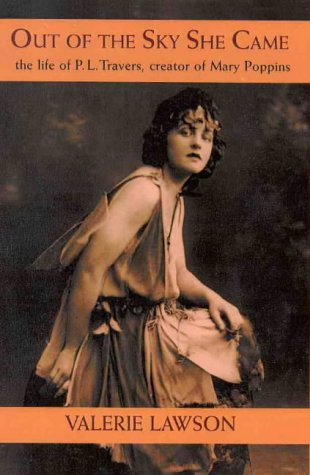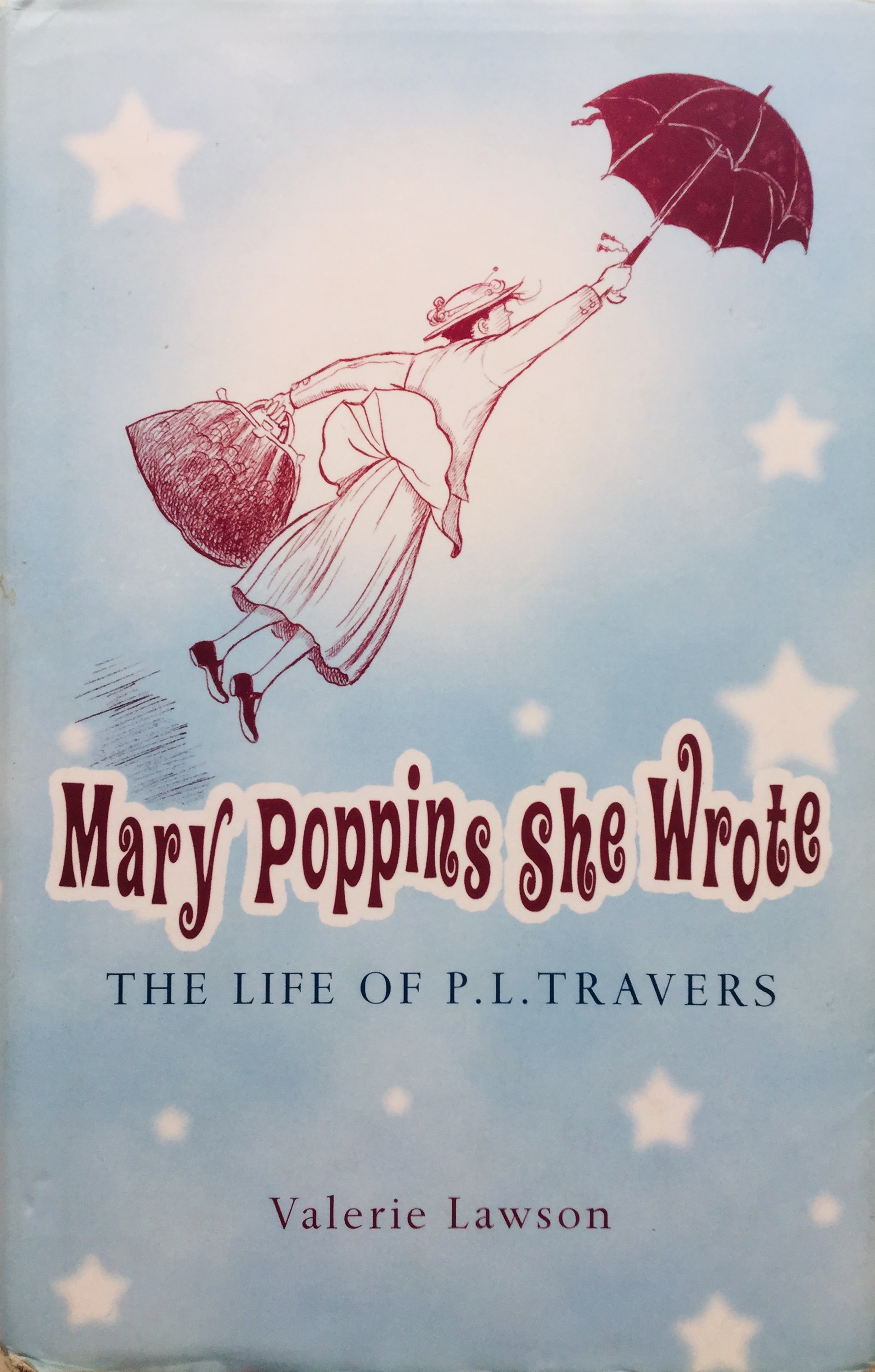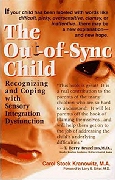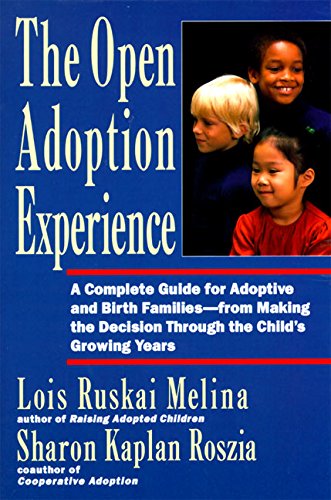 |
|
 |
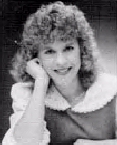 Lois Melina |
Nationally recognized adoption experts Lois Ruskai Melina and Sharon Kaplan Roszia help demystify open adoption, describing with vivid examples all stages of the relationship—from the initial preparation for open adoption, to placement and the adjustments of the first year, through the challenges of adolescence. The Open Adoption Experience also offers a detailed discussion of the many advantages of open adoption as well as the common problems, helping adoptive and birth parents to know what to expect as the relationship unfolds and how other families have coped with the unexpected.
About the Author: Lois Ruskai Melina is the author of Raising Adopted Children and Making Sense of Adoption and is the publisher of Adopted Child, an international newsletter on adoption. She lectures across the country and lives in Moscow, Idaho, with her husband and their two children by adoption.
Sharon Roszia is founder of Parenting Resources and coauthor of Cooperative Adoption. She has worked in the field of adoption for thirty years and performs open adoption trainings for social workers and birth parents. The mother of grown children by birth, adoption, and through long-term foster care, she lives in Tustin, California.
By the Same Author: Raising Adopted Children: A Manual For Adoptive Parents (1986, Solstice Press); Adoption: An Annotated Bibliography and Guide (1987, Routledge); and Making Sense of Adoption: A Parent’s Guide (1989, solstice Press).
